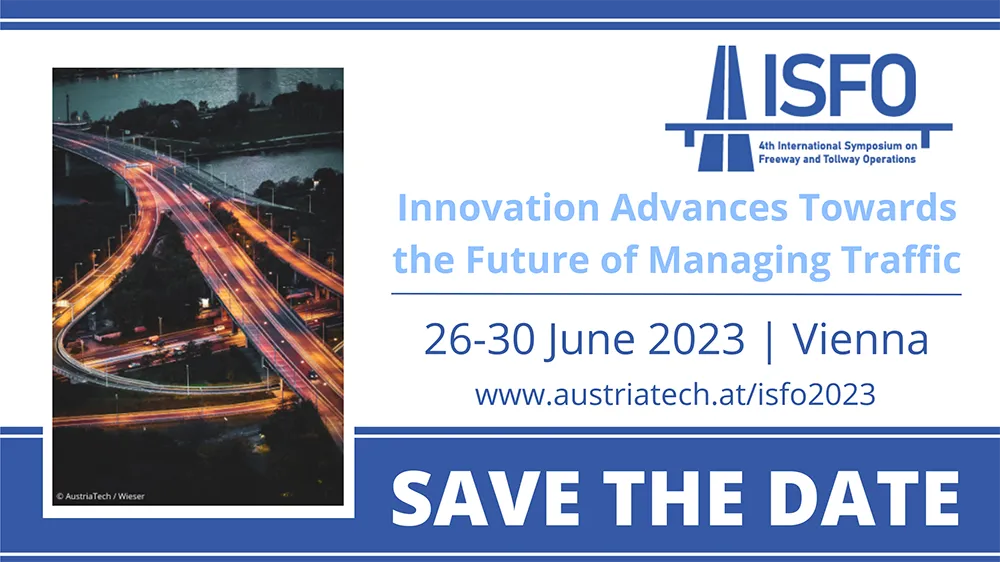
The Symposium will provide a platform for over 400 experts from the public and private sector: managers, traffic engineers, practitioners, and researchers to discuss and share their experiences with “The Future of Managing Traffic”. Industry leaders and specialists from around the globe will lead discussions on the challenges, research needs, and innovative approaches to collaboration with other agencies and service providers to improve the management and control of traffic on the surface transportation system.
The Symposium programme will include over 20 sessions such as plenary sessions, technical sessions with invited speakers, poster sessions, and workshops. Some of the key topics that will be addressed are:
Innovative Financing to Build and Operate Motorways, including use of incentives and pricing in traffic operational strategies.
Governance and Organisational Challenges covering multimodal aspects, integration of highway, cities and corridors, as well as public private collaboration.
Managing and Analysing Operational Strategies and Performance, including innovative methods to proactively manage and control traffic and addressing data, methods and tools.
Next Generation of Traffic Management Systems and Services, including the integration of traffic management centres and services towards a traffic management ecosystem, as well as incorporating mobility on-demand services into day-to-day traffic management.
This international event is one of the many through which the International Road Federation (IRF) will celebrate this year, its 75th anniversary. A series of dedicated sessions and activities will be organised during the Symposium to mark this important anniversary.
• For more information, visit www.irfnet.ch.









